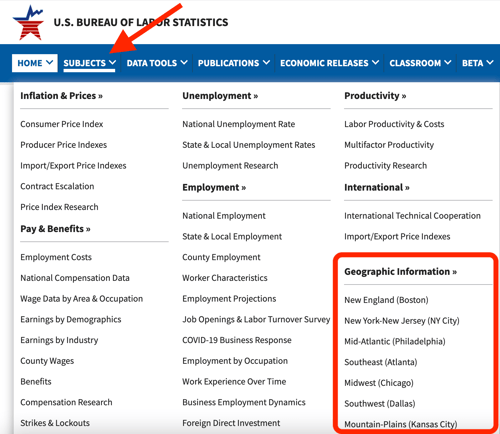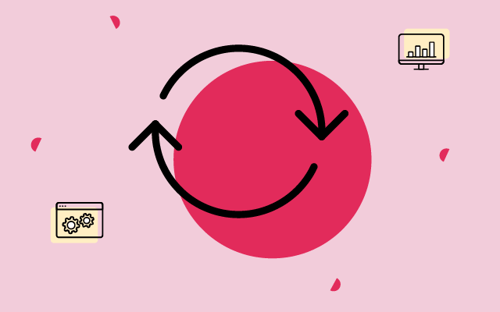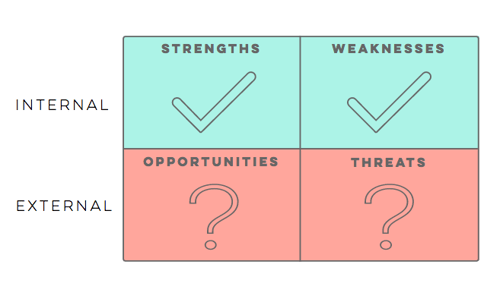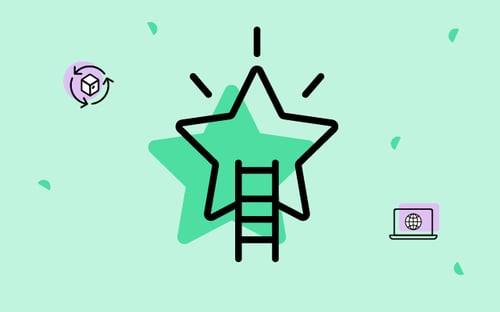Competitive Intelligence (CI) is a critical part of a smart business strategy. Even still, Competitive Intelligence is questioned by those unfamiliar with the process. In particular, we often hear questions like, ‘Is what you’re doing legal?’ or ‘How ethical is it to spy on your competitors?’.
It just so happens that as part of our Competitive Intelligence Spotlight Series, we ask experts what they believe to be the biggest misconception is about competitive intelligence. Unsurprisingly, a common response that we’ve heard is something along the lines of, “People believe competitive intelligence is corporate espionage.”
Kimberly Bauer, a Competitive Intelligence expert, perfectly sums up what we’re going to be digging into in this post.
“The biggest misconception is that competitive intelligence is an act of espionage that may or may not include a series of unethical activities and detective level sleuthing. Instead, it’s the competitive intelligence professional’s duty to abide by their company’s code of business ethics while stringing together a series of insights to weave a story that helps decision-makers make decisions. We are storytellers, not just detectives, responsible for articulating the “so whats” behind intelligence.” - Kimberly Bauer
From those who are skeptical of competitive intelligence, the legality and ethics of the practice often come up in conversation. It’s no surprise that when experts were asked what the biggest misconception is, one of the first things that came to mind is corporate espionage. Let’s dive into the difference between competitive intelligence and corporate espionage, and debunk this misconception once and for all.
The Basics: What is Competitive Intelligence
First and foremost, it’s important to understand what Competitive Intelligence is. While competitive intelligence is the act of gathering intel about your competition, it’s done through public and legal means.
NEED COMPETITIVE INTELLIGENCE BEST PRACTICES? USE OUR FREE TOOL >>
The simplest definition we’ve crafted is, “Competitive Intelligence is the process of capturing and analyzing information about your competitors to drive internal strategy changes and tactics. CI is important because, while most companies have a great understanding of what’s happening internally, external information is necessary to drive sound strategic decisions. The key here is making data-based, informed decisions based on the competitive landscape in conjunction with internal factors. CI allows organizations to make more informed business and strategic decisions.”
It’s important to note that in this definition, we put emphasis on making informed decisions based on the market, rather than making decisions based on educated guesses or by gathering intel through questionable channels. The information gathered by CI pros is compiled from public-facing domains or sources, or through honest conversations, not through illegal means that you would see in an espionage situation.
What’s Corporate Espionage?
With a name as scary as Corporate Espionage, you can guess it’s probably not a sanctioned business strategy. When we hear “espionage,” we often think of illegal government affairs. However, espionage is a very real tactic within the business world.
First, let’s start with the simple definition of espionage. Simply put, espionage is the act of spying, which is why it’s often associated with government affairs. According to CSO Online, “Corporate espionage — sometimes also called industrial espionage, economic espionage or corporate spying — is the practice of using espionage techniques for commercial or financial purposes.” Essentially, corporate or industrial espionage means that you’re gathering intel about your competition using unethical techniques so that you can gain an advantage.
When you conduct competitive intelligence, you’re not actually spying on your competition, but rather gathering intelligence from the public domain or first-hand research, and using it to your advantage. Not convinced? Let’s take it one step further and look at the legality of competitive intelligence.
Legal vs. Ethical Competitive Intelligence
What’s important to note here is the difference between ‘legal’ and ‘ethical.’ Simply put, legality is based on written law, whereas ethics is based on human rights and wrongs. So, based on the law, competitive intelligence is completely legal.
Depending on the means in which you gather the intelligence impacts the ethics behind it. Gathering information by not disclosing who you are to a competitor or by lying would be considered unethical, but it’s not illegal.
The best competitive intelligence professionals don’t conduct their practice through illegal or unethical means. You don’t need to go to illegal or unethical means to gather information about your competition. There is extensive competitive intelligence data available online that you can gather about your competitors - legally and ethically.
Building An Ethical CI Strategy
The internet is a goldmine when it comes to competitive intelligence information. While it’s possible to gather intel in other ways such as events, talking to prospects, or in the field, the internet is pretty much a one-stop-shop of CI.
There are six steps you should follow for designing a competitive intelligence program, all of which are designed to be both legal and ethical.
- Identify your competitors
- Identify areas of interest to track in your competitors’ digital footprints
- Gather your intel
- Create a competitive analysis
- Communicate the intel
- Turn your data into actionable results
Steps two and three are important here because you want to ensure that you’re narrowing in on the right types of data and that you’re efficiently gathering the intel. Since gathering intel can be time-consuming, you want to make sure that you’re focusing on what matters and collecting intel that will allow you to gain a competitive advantage.
Guidelines for Ethical Competitive Intelligence
To ensure that you’re abiding by ethical standards when conducting your competitive intelligence strategy, you should keep these basic guidelines in mind.
Comply with The Law: This one is a given. As much as we all want to learn as much as possible about our competitors, it’s important that no laws are broken in the process. Some things that would be considered illegal and unethical means would be hacking or wiretapping.
Be Honest: Always be honest about who you are and where you work if you’re engaging in conversation with someone about your project.
Keep Records of Your Work: In any profession, it’s important to keep records of what you’re working on. With CI, it’s important to keep track of everything you’ve been working on. Not only for the off chance that something goes off course, but so that you’re able to piece together breadcrumbs from your research.
Align Yourself with Company, Industry, and Professional Standards: Ensure that you’re conducting your work while holding yourself to the highest standards put in place by your company, your industry, and your responsibility as a CI pro.
Our friends over at SCIP have a great Code of Ethics if you’d like to check that out, too.
With the hesitation of competitive intelligence as an industry, it makes sense that the experts we spoke to mentioned corporate espionage as the biggest misconception. While CI is the act of gathering intel on your competition, it’s done in an open and honest way, confirming that it’s both a legal and ethical practice. Still curious about competitive intelligence? Ask us your questions in the comments, or head to the Competitive Intelligence Collective to connect with CI pros!

Seeing is believing! Check out Crayon for yourself.
Take a Product TourRelated Blog Posts
Popular Posts
-
 The 8 Free Market Research Tools and Resources You Need to Know
The 8 Free Market Research Tools and Resources You Need to Know
-
 6 Competitive Advantage Examples From the Real World
6 Competitive Advantage Examples From the Real World
-
 How to Create a Competitive Matrix (Step-by-Step Guide With Examples + Free Templates)
How to Create a Competitive Matrix (Step-by-Step Guide With Examples + Free Templates)
-
 24 Questions to Consider for Your Next SWOT Analysis
24 Questions to Consider for Your Next SWOT Analysis
-
 How to Measure Product Launch Success: 12 KPIs You Should Be Tracking
How to Measure Product Launch Success: 12 KPIs You Should Be Tracking

